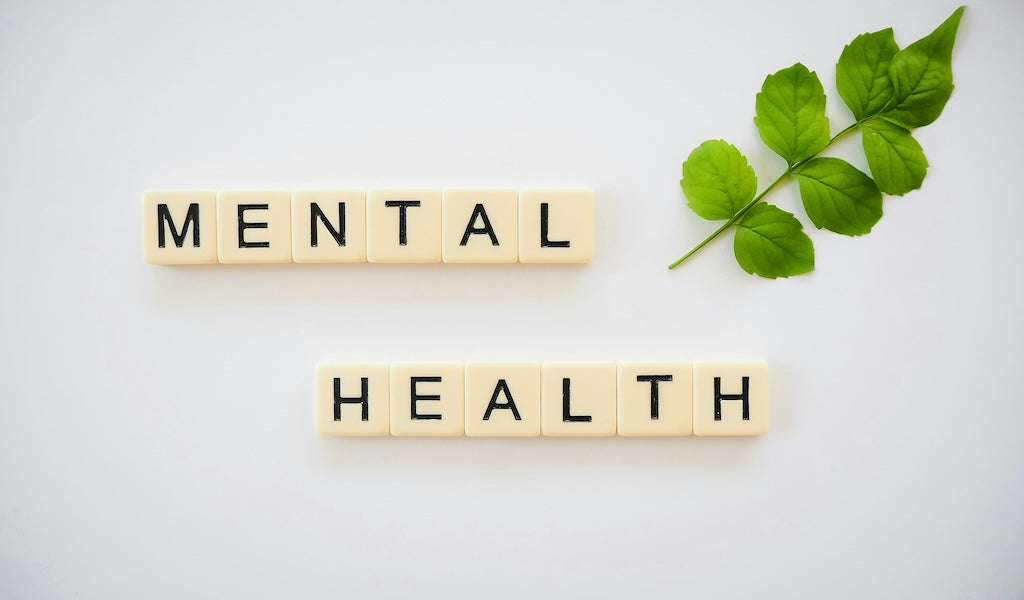Many of us unwind with a drink now and then. But when you’re moving through perimenopause or menopause, alcohol can start to feel like more of a trouble-maker than a treat. Let’s look at what science and trusted health authorities say — and how CBD might support you instead.
Why alcohol feels different after 40
-
Changing body composition and metabolism
As we age, our bodies contain less water, which means alcohol becomes more concentrated and lingers longer in our system. -
Symptom triggers
The NHS itself notes that during menopause, avoiding or reducing triggers like alcohol, caffeine, and spicy foods can help ease hot flushes and night sweats. Also, NHS lifestyle advice for menopause includes “do not drink more than the recommended alcohol limit” as part of symptom management. -
Health risks beyond symptoms
The NHS warns that regularly drinking more than 14 units per week increases risks to liver, heart, and cancer health.
In their “Drink Less” guidance, the NHS states that even within the 14-unit limit, there is no truly “safe” drinking level—lowering intake reduces risk.
How alcohol can worsen menopausal symptoms
Hot flushes & night sweats
Alcohol may dilate blood vessels and can trigger or worsen flushes. Some NHS info leaflets specifically call out alcohol as a known trigger for flushes.
Sleep disturbance
Alcohol can shorten deep sleep and interfere with REM cycles, leaving you more tired. Drinkaware mentions that alcohol can “disturb your sleep” especially when menopausal symptoms are present.
Mood & anxiety impact
Menopause already strains mood stability, and alcohol — particularly regular or excessive use — may worsen anxiety or depressive symptoms.
Bone health & fracture risk
After menopause, bone density declines. Alcohol — especially at higher intake — is linked to weaker bones and higher fracture risk.
Weight, metabolism & heart health
Menopause often comes with metabolic shifts. Alcohol adds “empty” calories and can negatively affect blood lipids and heart risk over time.
What the evidence says (beyond just NHS)
- A review of postmenopausal women notes that light-to-moderate drinking may show some protective association for heart disease or bone mineral density—but also increases breast cancer risk.
- A large long-term study (Nurses’ Health Study II) suggested moderate alcohol intake was associated with a slightly lower risk of early menopause, but that doesn’t necessarily mean it’s “beneficial,” especially when weighed against other risks.
- Some observational research has conflicting findings: e.g. one midlife women study found current alcohol use was associated with lower risk of hot flashes (though mechanism unclear) — but that doesn’t override the bulk of clinical advice to reduce triggers.
In summary: science is nuanced. Some findings suggest low-level drinking might have subtle benefits, but the balance of evidence and clinical guidance (especially from NHS) leans toward moderation or reduction — particularly when symptoms or health risks are already in play.
Where CBD may offer a gentle alternative
At VEE Wellbeing, we lean into botanical, body-supportive approaches. CBD (cannabidiol) has been explored in research and practice for:
- Calming anxiety & stress — which can ease how aggressively the body reacts to menopausal hormonal shifts
- Helping sleep quality — offering more natural support than alcohol’s sedative effect, which is often short-lived and disruptive
- Supporting the endocannabinoid system — which is involved in stress response, inflammation, temperature regulation, and hormonal balance.
While research on CBD specifically in menopause is still emerging, many women report it helps smooth transitions in emotional and physical symptoms. Using it alongside other healthy strategies can be a gentler way to support wellness.
A more mindful approach
- Try cutting back gradually — e.g. one fewer drink per week — and observe how symptoms shift.
- Use “drink-free days” to give your body a break. The NHS encourages this in its general alcohol reduction advice.
- Keep a symptom journal — noting flushes, sleep, mood with and without alcohol — so you can see the connections more clearly
- Introduce CBD as part of your evening routine (or when symptoms spike), rather than defaulting to alcohol as your “relief”
What to keep in mind
Menopause is a time of heightened sensitivity — your body may no longer tolerate alcohol the way it once did. NHS guidance clearly supports reducing or moderating intake as a core strategy. By layering in tools like CBD, breathwork, cooling techniques, and lifestyle shifts, you give your system more grace and space to adapt.
Research Links:
NHS
NHS Menopause
Alcohol Change UK
Drinkaware



Leave a comment
This site is protected by hCaptcha and the hCaptcha Privacy Policy and Terms of Service apply.